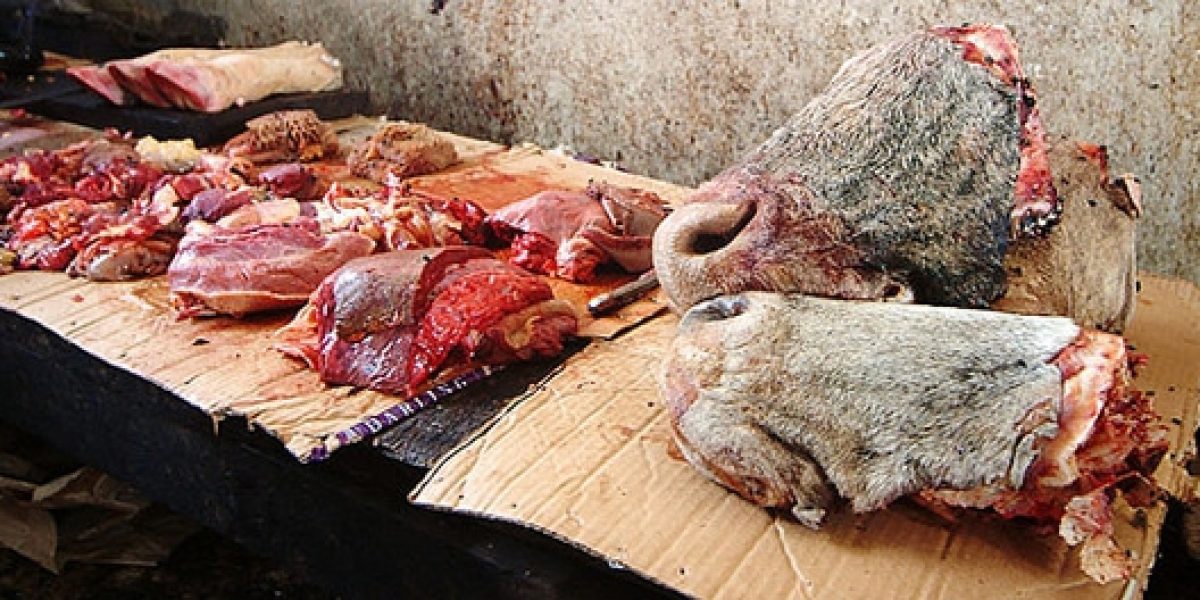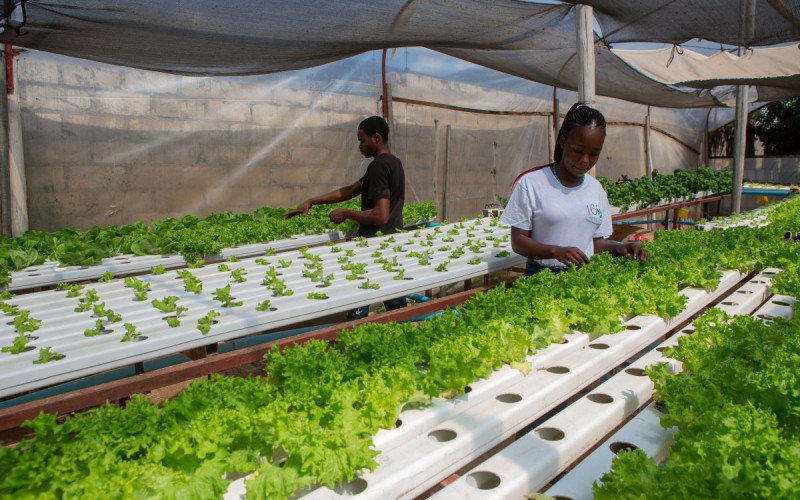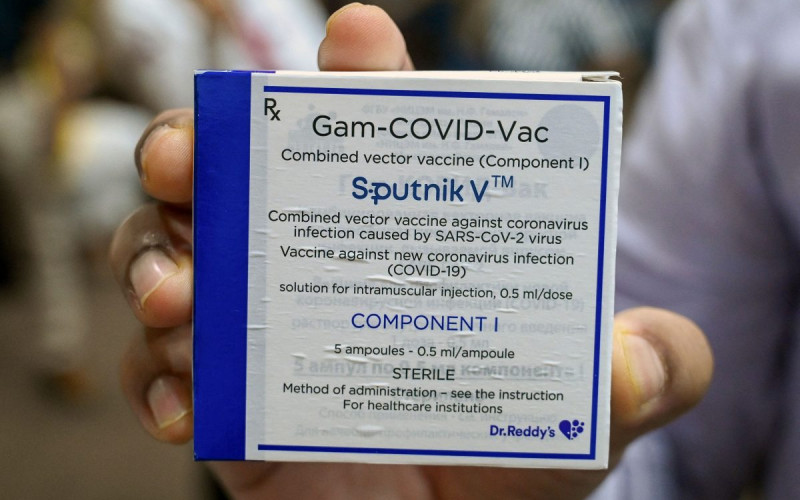Food safety relates primarily to problems of food insecurity on the continent. Many developing countries do not have the necessary agricultural yield required to feed all their citizens, rendering impoverished populations reliant on food parcels and sourcing unsafe food, which is often spoiled or bacteria ridden.
Access to food is a key area of inequity on the African continent and raises questions about how food relates to the social determinants of health. Who gets access to food? Why are obesity rates so high? Why is diabetes as a non-communicable disease such a risk?
Access to safe food is essential for keeping populations healthy and free of diseases. Unhealthy populations place strain on health systems, which, in most developing nations in Southern Africa, are already constrained by high levels of HIV/AIDS, TB and malaria. Food safety is also often overlooked in light of famine, starvation and malnutrition. Additional concerns include poor hygiene in poorer areas, a lack of access to clean water to wash food with and a lack of sanitation, which increases the risk of diarrhoeal diseases.
New food handling techniques, evolved as a result of globalisation, include a longer food chain, changes in technology and anti-microbial resistance. These all increase the risk of food contamination. The overuse of antimicrobials such as antibiotics, essential to treating bacterial infections, has resulted in the spread of resistant bacteria and antibiotic resistance, highlighted by the World Health Organisation (WHO) as one of the greatest global threats to health in the past year.
Food safety and health security fall under the definition of human security, which has two major aspects: firstly, safety from chronic threats, including hunger, disease and repression and secondly, protection from ‘sudden and hurtful disruptions in the patterns of daily life…’ which include economic, food, health, environmental, personal, community and political security (as defined by the United Nations Development Programme).
Food security is intrinsically linked to health security, as without food which isn’t harmful, it is difficult to maintain a healthy population.
Considering the state of many health systems in poorer nations, the combination of food and health insecurity creates a huge strain on the economy and wellbeing of the state. The prevalence of non-communicable diseases (NCDs) relating to food safety also place pressure on health systems to address NCDs. This is in spite of limited funding for NCDs in Africa, with donor preference for funding 90% of communicable and infectious diseases.
The WHO alleges that unsafe food causes more than 200 diseases, ranging from diarrhoea to cancer and meningitis. Foodborne and waterborne diarrhoeal diseases kill an approximate 2 million people per annum, with mortality rates affecting primarily women and children. Unsafe food perpetuates this cycle of disease and malnutrition, resulting in poor socioeconomic development, to the detriment of the economy, tourism and trade sectors. Unsafe food stems from primarily animal products, fruits and vegetables and raw shellfish.
Populations reliant on assistance for food safety need to be made aware of the risks in accepting contaminated food from external suppliers. This speaks directly to the need for developing countries to manage their own agricultural programmes and supplies. However, certain states are reliant on exports because of weakened economies, creating dangerous reliance on food producers outside of their borders.
The additional health focus for World Health Day should therefore have been on the need to bolster health systems, focus on improving agricultural productions and pressuring national, regional and the global health community governance networks to create sustainable resource development and health systems capacity development, to tackle both health and food safety and insecurity as dual areas of concern.
The message broadcast on World Health Day is by and large too simplistic. It is not enough to urge governments to contain food safety issues. The focus needs to be on a collaborative approach, to ensure that food security is a focus, that food received across borders is of a standard to consume and that the importance of quality food and education about nutrition are also communicated, to ensure that healthy food and food equality is addressed.
The Southern African Development Community (SADC), as part of its regional integration process, has a responsibility to ensure that, as part of the SADC Multi-Country Agricultural Productivity Programme (MAPP), the region focuses on increasing its agricultural capacity, decreasing reliance on food exports and food aid and to ensure that the SADC region has adequate technological capacity, development and dissemination to ensure sustainable food production for the future.
Without a sustained agricultural programme, SADC will remain reliant on donor intervention to ensure adequate access to healthcare and medicines, to mitigate the spread of foodborne diseases, non-communicable diseases and communicable diseases. This will continue to place strain on the regional economy and keep the SADC states underdeveloped for years to come.
Despite support from the WHO to ensure adequate levels of food safety and security, it is imperative that regional governments step up and start playing a role in regional food distribution, safety and health governance.








